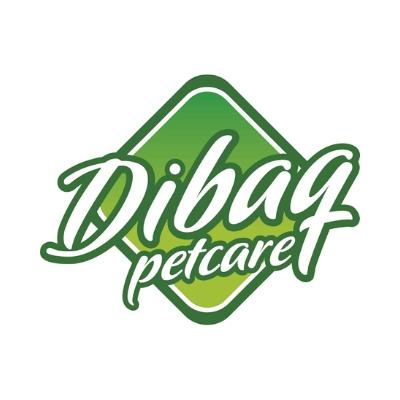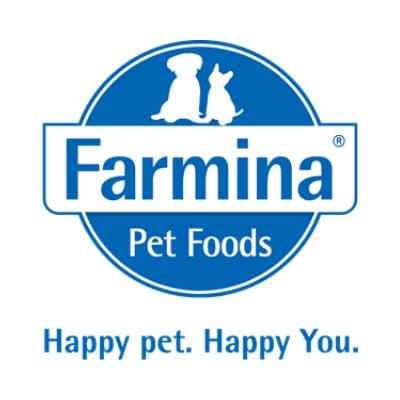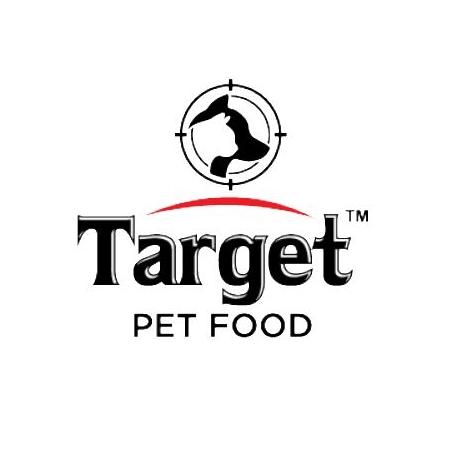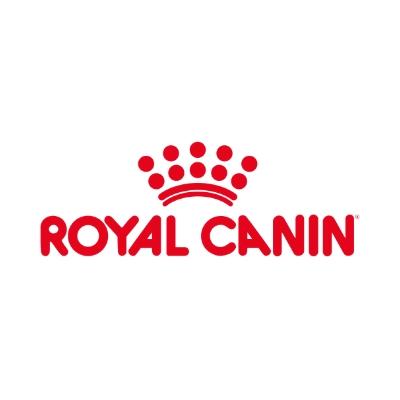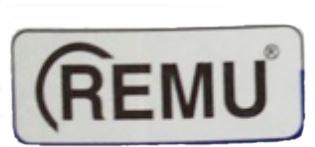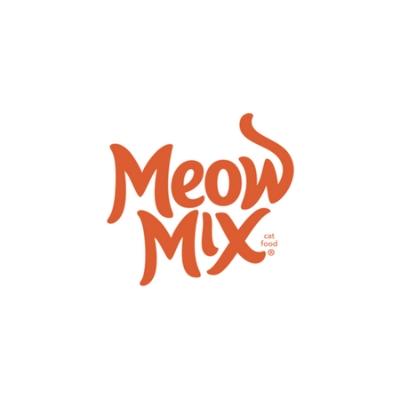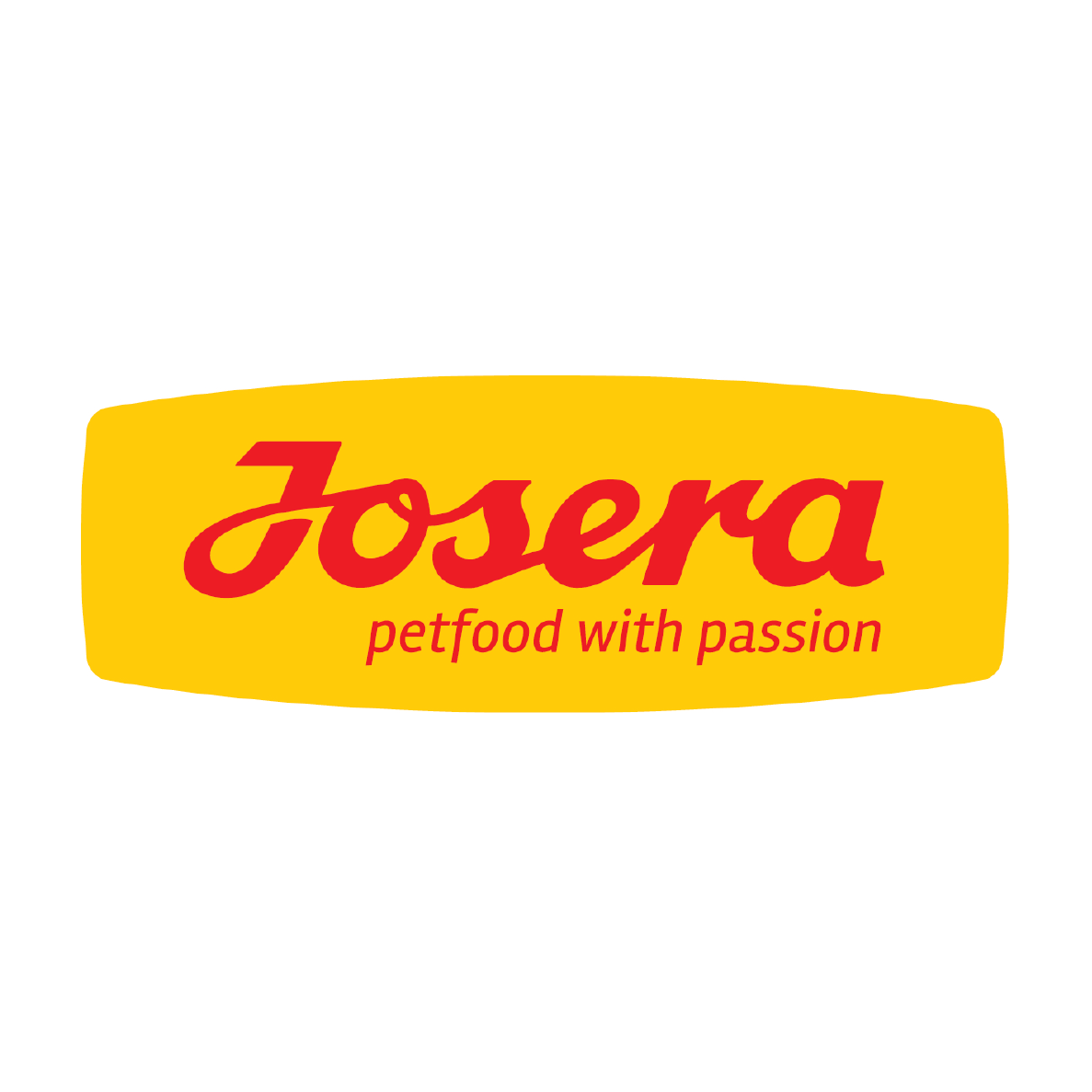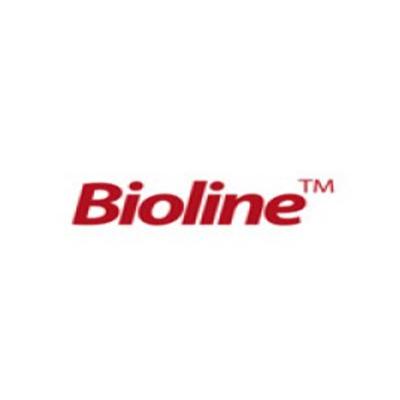Dog Idiopathic Vestibular
Introduction
Idiopathic vestibular disease (IVD), also called geriatric vestibular syndrome, is an acute-onset, non-progressive disturbance of the peripheral vestibular system in aging dogs. The vestibular system is largely responsible for the body's ability to orient itself in space, maintain balance, preserve posture and coordinate movement. It is intimately associated with the inner ear and the vestibulocochlear nerve, cranial nerve VIII.
Causes & Prevention
Causes of Idiopathic Vestibular Disease
"Idiopathic" means of unknown origin. The cause of canine IVD is not known. Lesions to the inner ear and abnormal production, circulation or absorption of fluid in the inner ear canals have been suggested as possibilities, as have immune-mediated disorders.
Preventing IVD
There is no practical way to prevent canine IVD until the underlying cause is determined. Sensible steps to prevent dizziness in dogs include avoiding head trauma, ingestion of poisonous substances and overuse of certain medications, such as neomycin and aminoglycoside antibiotics. Ear cleaners and topical ear medications should never be flushed into the ear unless the entire eardrum is known to be intact, as they can easily damage the delicate structures of the inner ear.
Special Notes
Most cases of idiopathic vestibular disease are managed on an outpatient basis with supportive care and have an excellent prognosis. The symptoms usually go away on their own within several days of their alarming appearance, and most dogs are back to normal within a matter of weeks.
Symptoms & Signs
Introduction
Idiopathic vestibular disease (IVD) means that the vestibular system in a dog has gone awry for no known reason. The vestibular system is what gives people, and dogs, their balance, coordination and equilibrium. When dogs develop IVD, their equilibrium becomes disrupted suddenly, dramatically and without warning. The profound symptoms of this disorder can incapacitate the dogs and are frightening for owners, as well.
Symptoms of Idiopathic Vestibular Disease
Dogs with idiopathic vestibular disease suffer an extremely sudden onset of one or more of the following symptoms:
Dizziness (labrynthitis)
Loss of balance
Disorientation
Loss of coordination (ataxia)
Reluctance to rise or stand
Inability to rise or stand (recumbency)
Nausea (recurrent bouts)
Vomiting (sudden onset; recurrent bouts; may last for days)
Loss of appetite (inappetence; anorexia)
Loss of thirst
Dehydration
Falling
Stumbling; staggering
Circling
Rapid irregular eye movements (nystagmus)
Head tilt (mild to marked)
Dogs with IVD appear to be in considerable distress and discomfort, and the symptoms can quickly become debilitating. Most symptoms peak in about 24 to 36 hours, but varying degrees of incoordination and balance abnormalities can continue for a number of weeks. Despite the startlingly acute onset of IVD, almost all affected animals recover spontaneously, without extensive medical treatment. Occasionally, a dog will have a lingering head tilt.
Dogs at Increased Risk
Idiopathic vestibular disease tends to affect middle-aged and older dogs. It occurs most often in dogs over 7 years of age, although it has been known to occur in younger dogs. There is no reported sex or breed predisposition to developing IV. Dogs experiencing some of the symptoms listed above should be taken to a veterinarian immediately. While idiopathic vestibular disease is not normally life-threatening, a number of other more serious conditions can cause symptoms that mimic those of IVD.
Diagnosis & Tests
Introduction
Dogs with symptoms of neurological deficits should be taken to a veterinarian as soon as possible. Definitive diagnosis of idiopathic vestibular disease (IVD) is usually based on ruling out other conditions that mimic its symptoms. This is called diagnosis by exclusion.
How Canine IVD is Diagnosed
Dogs with IVD often have normal blood work and urinalysis results. The veterinarian will obviously conduct a complete physical and neurological examination and take a thorough history from the dog's owner. She will likely examine the ears carefully with an otoscope to assess the integrity of the eardrums (tympanic membranes). Other diagnostic tests include skull/head radiographs (X-rays), computed tomography (CT/CAT scan) and magnetic resonance imaging (MRI). These imaging techniques are useful to rule out otitis media or interna (middle or inner ear infection). Samples of cerebral spinal fluid (CSF; a "spinal tap") may be taken and assessed for evidence of encephalitis, distemper or central nervous system lymphoma, among other things. Samples of brain tissue can be taken surgically and either cultured or examined microscopically, or both.
Special Notes
Other advanced ways to assess neurological disorders, including IVD, can be discussed by the dog's owner with its veterinarian. Fortunately, this scary condition is usually self-limiting, meaning that with time it typically resolves on its own without significant permanent effects.
Treatment Options
Introduction
Despite the acute onset and often profound symptoms of idiopathic vestibular disease (IVD), fortunately there are a number of management protocols that can help keep a dog calm during the typically short duration of this disorder. The goals of treating IVD are to relieve the dog's symptoms and resolve the underlying cause of the condition, if it can be determined.
Treatment Options for IVD in Dogs
During the acute phase of IVD, several different drugs are available to relieve nausea and vomiting until the disorder has time to resolve on its own. Steroids are not normally recommended. Sedatives can be prescribed to help manage severe disorientation, balance and coordination difficulties. No particular treatment protocol has been shown to speed up the course of idiopathic vestibular disease in dogs. If accompanying bacterial or fungal infection is found, certainly antibiotics or antifungal medications can be helpful. Surgical options are available to remove tumors, polyps or infected tissues in the vestibular system, depending upon their location. However, dogs with IVD usually are treated on an outpatient basis and recover spontaneously.
Prognosis
The outlook for dogs that truly have vestibular disease associated with no identifiable underlying cause is very good to excellent. Most dogs with IVD improve rapidly within the first 72 hours after onset of signs, and recover fully without significant medical treatment within several weeks. Sometimes, a mild permanent head tilt may persist following recovery.











